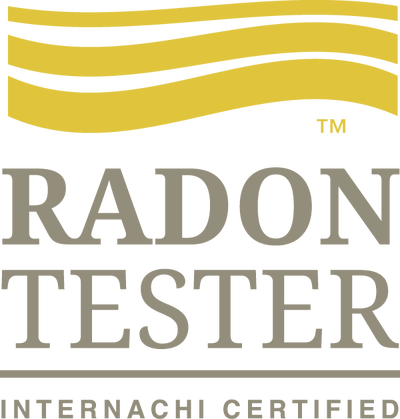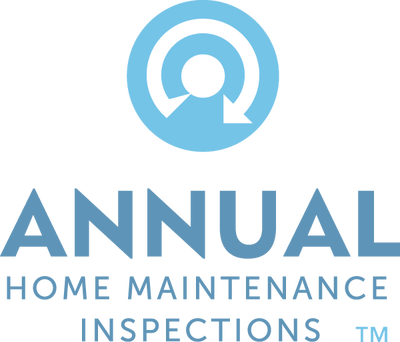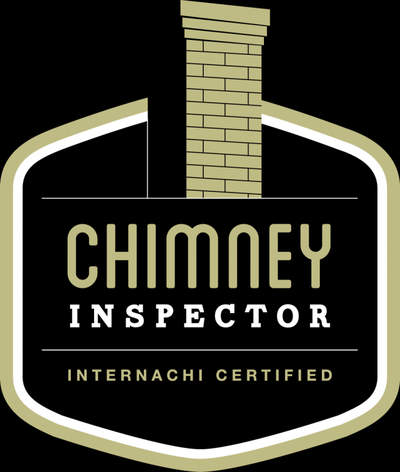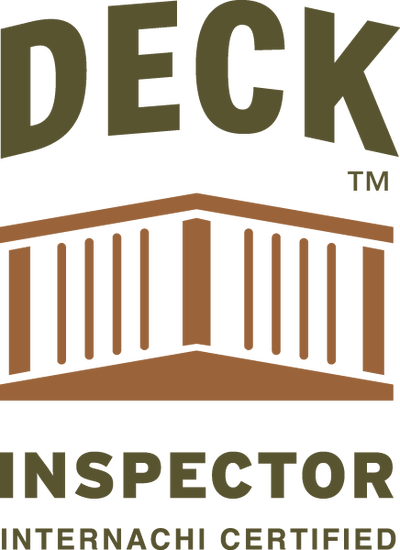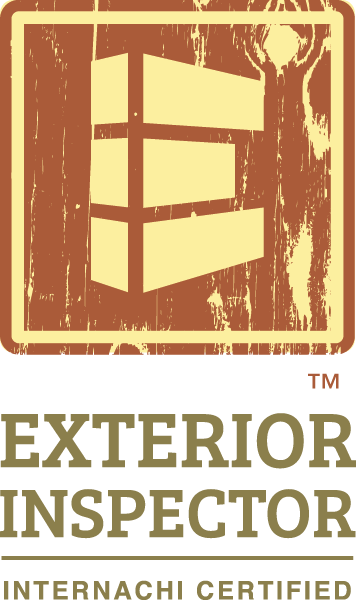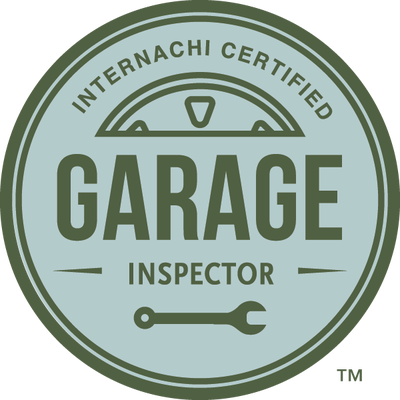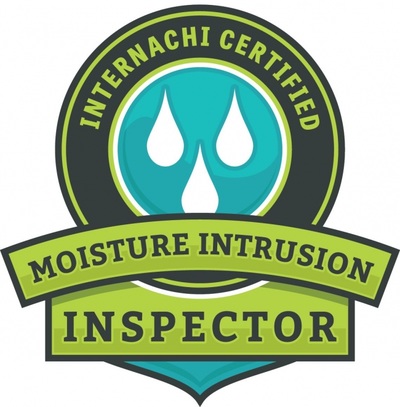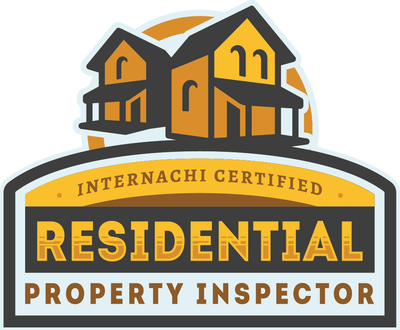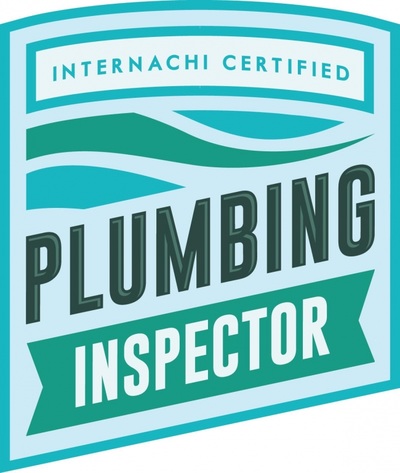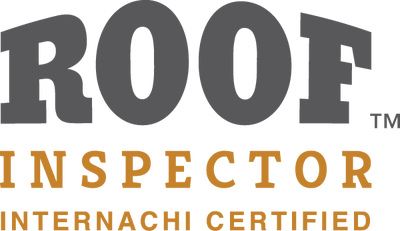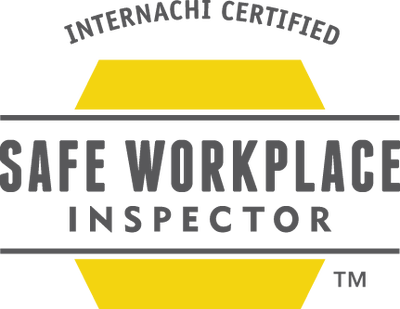Seller's Pre-Listing InspectionBy InterNACHI Seller's Pre-Listing Inspection Eventually, your buyers are going to conduct an inspection. You may as well know what they are going to find by getting there first. Having an inspection performed ahead of time helps in many other ways, such as:
Copies of the inspection report, along with receipts for any repairs, should be made available to potential buyers. Craftsman Home Inspections llc is a home inspection and Radon Testing company proudly serving the Aurora CO and Denver CO Metro Areas. If you are looking for a Home Inspector in Aurora or Denver, please give us a call at 720-593-0383 or check us out online at CraftsmanColorado.com.
7 Comments
Whether from a torrential rainstorm, heaps of melting snow, or a leaky dishwasher, flooding can cause massive damage in your home. What's more, clean-up can be extremely time-consuming and expensive, especially without expert advice. That's why we rounded up flooding prevention and restoration experts from Bend to Atlanta. Read on to see their best tips for protecting your home against flooding and what to do if you've already been affected!
Advanced Look Property Inspections: As Advanced Look Property Inspections, LLC is one of Metro Orlando’s Best Home Inspectors, we know one of the most important systems we inspect and talk to our clients about is the plumbing system, because after “Wind”, non-weather related water damage and flooding is the insurance industries number 1 area of claims due to broken pipes or appliances like washing machines, dishwashers or water heaters having an issue. A little precaution can go a long way when it comes to maintaining your plumbing and appliances but it is well worth it when you think of all the personal items (pictures, papers …) you’re protecting if you keep everything from a water problem in your home. Nowadays with all the “Smart Items” for your home you can go one step further and install a Water Sensor System in your House. Some just send out a basic notification that there’s a problem at home through an app, (which I don’t recommend). Others can actually turn the water off to prevent any further leaking/flooding in your house. The latter is sure to increase the value of your home and some insurance companies will give you a discount on your Home Owners Policy for having that protection and they all cost less than your deductible. Sounds like a win win to me : ). Reliable Basement Services: There is no cookie-cutter, one-size-fits-all approach to waterproofing and flood prevention. The more information and history you can give a professional waterproofing contractor, the better they should be able to design a complete system for your unique home. Everything - gutters, yard drainage, drain tile systems, sump pumps, catch basins, etc. - should be considered. Do not buy into gimmicks and quick-fixes; all waterproofing and flood prevention is a VERY important long-term investment in your home. Flood Pros: Keeping water far away from the house is the best advice we can give. Shut off water when you leave the house more than a day, check and test your sump pumps annually ensuring that the drainage pipe is not frozen or clogged, USE downspout extensions - they work great! Integrity Restoration: Water damage is a progressive condition. While there is almost no mold problem we can't later resolve, the best mold problem is none at all. If you act within the first 48 hours of materials becoming wet, mold can almost always be prevented by professional assessment and mechanical structural drying (meaning dehumidification, air movement and air filtration for your protection). My best advice is to call a reputable certified professional as soon as you realize that water damage has occurred. Sacramento Home Inspections: A quick online search will show a wide array of enterprising flood prevention techniques and equipment in action, but the reality is most people are not so proactive or enterprising when it comes to flood prevention. This is one of the reasons why U.S. homeowners who have a mortgage and who live in a “special flood hazard area,” are required to buy flood insurance; whereas if the property is in a moderate-to-low-risk area federal law does not require flood insurance. It is highly recommended, however, because historically about one-in-four flood claims come from these ‘moderate-to-low-risk’ areas. That is worth thinking about, especially when considering the devastating impact a flood will have on a residential building and therefore one’s bank account. Yellow Hat Inspections: Shingles, Tiles, and Openings are Paths to Intrusion over Time, (STOPIT). We need to stop water intrusion before it becomes a flood! Over time, a small leak can do as much damage as a catastrophic flood so remember STOPIT! Shingles, Tiles, and Openings are Paths to Intrusion over Time, (STOPIT) and we need to stop it before it starts! Water is a devious opponent. We need it but in the right place. Water intrusion through roof shingles or tiles can create paths into our homes. The invasion is often only visible some distance from where it started. You might have a musty smell or a small stain on a wall or ceiling which may indicate a significant problem. You need to pay attention to these little clues! Craftsman Home Inspections: Floods aren't always due to actual flooding from Mother Nature or weather. Many home floods come from very preventable sources. At Craftsman Home Inspections LLC in Colorado, we suggest being proactive by self inspecting your water heater on a regular basis - at least every 3 months. Simply look for signs of rust, water-related damage or active leaks, even very slow ones. Look at the TPR valve, and follow the discharge tube. If the discharge tube is warm towards the bottom and it's wet at the end of the tube/pipe then you should have the TPR valve and water heater serviced by a professional plumber. If rusting is present on the exterior of the water heater, then you should have it serviced to prevent a future leak and the inevitable water damage. Many floods in-home begin at the water heater. Another way that a homeowner can bee proactive in preventing water-related damage is to have a certified or licensed home inspector perform a sewer inspection before you purchase your home. In a professional sewer inspection, the inspector will be able to locate root intrusion (blockage), low spots, or damage and suggest repairs. This can be a big help to protect the home from future backups and flooding. This also allows you to negotiate repairs before you own the home. A professional Home Inspector will also look for signs of past flooding in basements or crawlspaces like stains on base trim or drywall repairs low on the walls. Armchair Builder: Probably the best way to avoid major flood damage is to detect the water prior to the damage occurring. A simple, ten dollar water alarm placed near the basement sump crock will alert owners with a high pitched sound when water breaches the top of the sump crock and reaches the floor. So if the sump pump stops working or is overwhelmed by large amounts of groundwater, the alarm will notify the occupants that action must be taken immediately to avoid damage to furnaces, water heaters, and owner possessions. And probably the best part about these water alarms...there is absolutely no effort required for installation. Just put the battery in and set the unit on the floor. Signet Home Inspections: When inspecting a house for potential homebuyers, unless there is an access panel (and there usually is not), most home inspectors will not fill a bathtub to check the overflow for leaks due to it being hidden from view and the possible damage it may cause should it leak. Because of this unseen flooding potential, it may be prudent for the homebuyer to have the seller confirm serviceability by either filling the tub to the overflow level to be sure it does not leak (which can cause damage if it does) or calling a professional plumber to remove and inspect the overflow tube and its rubber gasket which can begin to deteriorate after approximately 10 years. Of course, if you already own the home, the same precaution applies to you the owner. Timberline Inspections: Central Alabama is always prone to flooding issues regardless of whether the structure rests in a flood zone since we see an average of 54 inches of rain annually, so we have had our share of experience with it. The absolute first thing that needs to be done is the exterior drainage controlled and the source of the moisture eliminated. Even with excess rains, this can typically be solved using a combination of gutters, swales, and landscaping. Every 1000sqf of roof space with 1 inch of rainfall deposits an estimated 600 gallons of water directly next to your home and foundation. Before any repairs start you need to dry the interior once the water is controlled to ensure mold does not set in. Fungal growth will typically start in less than 48 hours so dehumidifiers and air movement are absolutely essential. Adams Home Inspection: • Ensure your water heater has a drain pan piped outside to the exterior of your home. • Inspect your supply line fittings on your water heater every 90 days for corrosion and replace as necessary. • Have a secondary drain pan installed under your HVAC system with a float switch to shut your HVAC system down if a leak should occur. • Have your HVAC system serviced every 6 mos by a licensed HVAC technician and ensure their services include cleaning and flushing the condensate drain line. • Inspect your commode refill device every 60 days by removing the commode tank top and flushing the commode, if the refill device leaks replace the refill device. • Have your roof jacks and flashing inspected annually by a reputable roofing contractor for wear/damage. • Inspect your exterior caulking annually at all penetrations through the siding such as windows, doors, hose bibs, etc. Re-caulk as necessary. • Make sure to install gutter extenders on your gutter downspouts to terminate at least 5’ from your home and keep gutters clean of debris. • Once a year after a major storm walk the perimeter of your home to ensure all the water flows away from the home and no restrictions at fencing from leaves and debris exist to allow the stormwater to run under the fencing Disaster Doctors: One of the most common types of water damage is due to appliance failure. It's important to check your water-based appliances regularly. Disaster Doctors recommend updating any plastic fittings to metal, as plastic fittings tend to crack and will start to drip water. If that happens in your refrigerator, you may not realize it until a massive amount of water has already caused thousands of dollars of damage. A few dollars in metal fittings and a weekend are a lot cheaper than a 10K mitigation bill, or a claim on your homeowner's insurance. Kavin Construction: After a flood: Immediately contact your insurance carrier and request authorization for emergency remediation from a company such as ServPro. The service company will vacuum out water, remove damaged surfaces, and set up heaters and fans. This will minimize the possibility of mold development. If demolition is to occur, also get authorization for asbestos testing prior to demolition, as the fines are considerable if asbestos becomes airborne. Find at least one qualified licensed contractor and obtain a bid to restore the residence. Do not settle on the insurance company's assessment of costs until you have a proposal from your contractor that will cover the work needed. Typically the Homeowner and/or Contractor will need to negotiate a settlement with the insurance company that will complete the repairs. Xpress Restoration: In order to prevent water damages in your home, Xpress Restoration Inc. suggests that you annually check your pressure regulator and visible plumbing fixture (angle stops & supply lines). If you see any calcium build-up, corrosion or that these items are old, don’t think about it twice have them replaced. Keeping these old plumbing fixtures up to date will save any homeowner the hassle of experiencing a flood in their home. If you any property owner has water damages to their home, not to worry, the first thing they should do is call their local restoration profession (Xpress Restoration Inc.) to immediately assess and mitigate further damages, after things are under control, Xpress Restoration Inc. will help the customers with their insurance process, report the claim (if needed) and walk the property owners through the process. Professional Home Inspections: As a home inspector, the majority of water infiltration into homes that I come across is in direct relation to grading deficiencies on the exterior of the structure. The grading (the soil's relation to the structure) should slope away from the home with a six-inch drop in elevation, in the first 10 feet away from the home. This equates to a 5% grade, which allows rainwater to be carried away from the structure. When this minimum 5% grade is not present, rainfall events will saturate the soil in contact with masonry foundation walls, and once the walls themselves reach saturation point, water infiltration into basements or areas below grade can and most likely will occur. A landscaping or grading contractor can typically make inexpensive repairs to correct this grading, properly managing rainwater. Semper Fi Home Inspections: In my years of experience performing home inspections, here are four things that can flood your house or cause water damage that you should have checked: 1. Ground sloping toward your house (make it slope and drain away from your house) 2. Roof damage or leaks (have your roof inspected at least annually and repaired as needed) 3. Plumbing leaks (fix any leaks promptly - running toilets, under sink drain leaks, etc.) 4. Air Conditioning condensate drains and pans can leak and damage ceilings or flood the floor (have your HVAC technician check and clean your condensate drain system during annual cooling and heating tune-up) Excel Inspections: The main culprit of flooding for a homeowner is washer drain lines and hoses. The washers inside the hose lines can crack and dry out over time. We recommend always checking and replacing them periodically. Originally published on Redfin Denver Home Inspector Jeremiah from Craftsman Home Inspection, llc, a Denver and Aurora Colorado Home Inspector talks about radon on a facebook live feed while setting up the studio for a future Home Inspector Podcast. If you need radon testing or a home inspection in Denver, call us at 720-593-0383 or check us out online at: http://www.craftsmancolorado.com
At Craftsman Home Inspections llc we are certified radon testers and we can schedule your radon test for you or your clients. Find out more about radon gas below or help inform your clients about the dangers of Radon Gas - The number one cause of lung cancer after smoking!
Craftsman Home Inspections llc is a home inspection and Radon Testing company proudly serving the Aurora CO and Denver CO Metro Areas. If you are looking for a Home Inspector in Aurora or Denver, please give us a call at 720-593-0383 or check us out online at CraftsmanColorado.com.
Meet your Aurora CO Home Inspection Company. As a Colorado native, Jeremiah Wheelersburg, C.P.I (Certified Professional Inspector) and Craftsman Home Inspections llc strive to provide the best home inspection and radon testing services in the Denver CO metro area. We offer same day reporting for no additional charge. Our motto is to give you “Our Best Inspection, Every Time!” Find out more at our website http://www.craftsmancolorado.com www.craftsmancolorado.com The video was shot and produced by Jason Vaz - Find out how you can have Jason and his company Suite Shot create your film http://vazzypix.com
Craftsman Home Inspections llc is a home inspection and Radon Testing company proudly serving the Aurora CO and Denver CO Metro Areas. If you are looking for a Home Inspector in Aurora or Denver, please give us a call at 720-593-0383 or check us out online at CraftsmanColorado.com.
Craftsman Home Inspections llc is a home inspection and Radon Testing company proudly serving the Aurora CO and Denver CO Metro Areas. If you are looking for a Home Inspector in Aurora or Denver, please give us a call at 720-593-0383 or check us out online at CraftsmanColorado.com.
Guest Contributor - Anthony Gilbert, REALTOR
Backup Power Generator Safety TipsA backup power generator is a tool many homeowners use to ensure their important systems can stay running no matter what. Most people are exposed to some risk related to energy loss at one point or another. This can happen as a result of an accident nearby, a bad storm, or even long-term construction. When you need to keep the power on, especially to run your home's heating and cooling systems, a generator works well. However, these are powerful systems that must be used properly in order to stay safe. Install a Generator SafelyIt starts with choosing the right generator. The American Red Cross along with the Centers for Disease Control and Prevention created a helpful guide on how to choose a generator. Focus on size needed based on how much power your appliances and devices require. Then, focus on a permanently installed stationary generator when possible. This improves safety and reduces the loss of efficiency that is so common. It's typically best to hire a professional to handle the installation process. Still, all installation and operation should be done according to the manufacturer's instruction. The owner's manual will provide excellent information on this.
Once you have the generator in the right location and installed properly, you still need to follow some specific tips on staying safe while using it. Understand the RisksThe biggest risk associated with using a generator is the production of carbon monoxide. Too much production in an enclosed space can lead to carbon monoxide poisoning. In addition to this, there are electrical shock and fire safety rules that should be adhered to. These tips will help you avoid these larger risks:
Generators can be very safe to operate with a good understanding of the process and risks. The United States Consumer Product Safety Commission provides a safety resource for using generators. Annual Inspections Are NecessaryFinally, have your generator properly inspected every year. Be sure that your HVAC provider reviews operation with you and checks the system to ensure it is working at its best. Power outages don't need to mean a loss of heating or cooling in your home. With the proper safety considerations, your home will be comfortable regardless of outside influences. Tony Gilbert is the owner of The RealFX Group. Tony specializes in real estate, real estate marketing, managing the team and achieving set goals.
Craftsman Home Inspections llc is a home inspection and Radon Testing company proudly serving the Aurora CO and Denver CO Metro Areas. If you are looking for a Home Inspector in Aurora or Denver, please give us a call at 720-593-0383 or check us out online at CraftsmanColorado.com.
by Nick Gromicko Clothing moths readily damage natural fibers and can create problems for home dwellers, but these insects are among the most misunderstood of household pests. Facts and Figures
Female clothing moths lay an average of 40 to 50 eggs over a period of two to three weeks, and they die once their egg-laying has been completed. Males outlive females and continue to mate during the remainder of their lives. Eggs are attached to adhesive secretions, from which they hatch after a period of days. The emerging larvae, which appear shiny white with a dark head capsule, remain for approximately 35 days to 30 months before pupating into adult moths. Adults have a wingspan of about ½-inch, and are golden-colored, with reddish golden hairs on top of the head. Larvae and adults prefer dim areas, and if larvae find themselves in a well-lit room, they will try to relocate beneath furniture, carpet edges or moldings at a room's edges. Clothing moths should not be confused with food-infesting moths, which pose no threat to fabrics. Food-infesting moths are larger, at approximately ½-inch in length (rather than ¼-inch), and lack the tufts of hair found on the heads of clothes moths. Their behavior is distinct, too; clothes moths typically stay near the source of the infestation, and they flutter about in a seemingly absent-minded manner, making them easier to catch than food-infesting moths, which fly in a more direct, steady path. Damage Moths are often mistakenly blamed for damaged fabric, so it’s important to clearly evaluate their appetite and limitations. Clothing moths exclusively target animal fibers, such as wool, feathers, fur, hair, silk and cashmere, especially where they are stained with beverages, urine, sweat, or oil from hair. Carpet beetles, too, readily consume animal fibers, which can further hamper the accurate identification of the source of the damage. Cellulose fibers, such as cotton, and synthetic fibers, such as polyester, are usually safe from the ravaging mouths of moth larvae, although these fabrics may be eaten if they are heavily soiled or blended with wool or other animal fibers. The most heavy damage is suffered by articles left undisturbed for a long time, such as old military uniforms, blankets, wool upholstery, feathered hats, antique dolls and toys, natural-bristle brushes, weavings, wall hangings, piano felts, old furs, and stored wool carpets and clothing. Repellents and Insecticides
Craftsman Home Inspections llc is a home inspection and Radon Testing company proudly serving the Aurora CO and Denver CO Metro Areas. If you are looking for a Home Inspector in Aurora or Denver, please give us a call at 720-593-0383 or check us out online at CraftsmanColorado.com or simply schedule your home inspection below.
SCHEDULE INSPECTION by Nick Gromicko 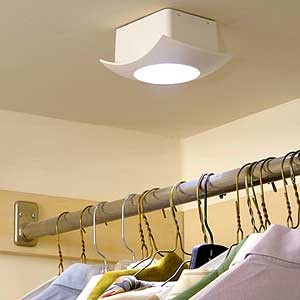 Clothes Closet Lighting People don’t often think about the fire risks posed by the light in their clothes closet, but it’s one of the few places in the house where a source of high heat can get too close to flammable materials. Lighting must be installed safely with adequate separation from clothes, boxes and other flammables stored in the closet. Additionally, the quality of the light, as well as bulb efficiency, will influence your lighting choices. The 2009 International Residential Code (IRC) on "Permitted Luminaires and Clearance from Clothing" The IRC defines a "luminaire" as follows: a complete lighting unit consisting of a lamp or lamps, together with the parts designed to distribute the light, to position and protect the lamps and ballast (where applicable), and to connect the lamps to the power supply. Types of luminaires permitted by the 2009 IRC include:
The minimum distance between luminaires installed in clothes closets and the nearest point of a storage area shall be as follows: 1. Surface-mounted incandescent or LED luminaires with a completely enclosed light source shall be installed on a wall above the door or on the ceiling, provided that there is a minimum clearance of 12 inches (305 mm) between the fixture and the nearest point of a storage space. 2. Surface-mounted fluorescent luminaires shall be installed on the wall above the door or on the ceiling, provided that there is a minimum clearance of 6 inches (152 mm). 3. Recessed incandescent luminaires or LED luminaires with a completely enclosed light source shall be installed in the wall or the ceiling, provided that there is a minimum clearance of 6 inches (152 mm). 4. Recessed fluorescent luminaires shall be installed in the wall or on the ceiling, provided that there is a minimum clearance of 6 inches (152 mm) between the fixture and the nearest point of storage space. 5. Surface-mounted fluorescent or LED luminairesshall be permitted to be installed within the storage space where identified within this use. Also, metal pull chains may be dangerous; if the base cracks, the chain can become electrified. Color Rendering Index (CRI) CRI is a quantitative measure of the ability of a light source to reproduce the colors of various objects faithfully, in comparison with an ideal or natural light source. The closer the CRI of a lamp is to 100, the more "true" it renders colors in the environment. Poor CRI is the reason that a shirt and pants that seemed to match at home now clash in the restroom at work. For clothes closets lighting, the CRI should be as high as possible. Incandescent lights are inefficient but they have a CRI of 100, making them the most aesthetic lighting choice. Compact fluorescents lights (CFLs) are far more efficient and have a longer life than incandescent bulbs, but they have a CRI in the low 60s, making them a poor choice for clothes closet applications. Low-voltage halogen and LED lights are relatively efficient, long-lasting, and have a high CRI, although not as high as incandescent bulbs. In summary, homeowners should replace lighting in their clothes closets if the light has the potential to ignite flammable materials in the closet. Craftsman Home Inspections llc is a home inspection and Radon Testing company proudly serving the Aurora CO and Denver CO Metro Areas. If you are looking for a Home Inspector in Aurora or Denver, please give us a call at 720-593-0383 or check us out online at CraftsmanColorado.com or simply schedule your home inspection below.
SCHEDULE INSPECTION |
AuthorCraftsman Home Inspections. We are your Aurora and Denver Colorado Home Inspectors. Here you will find useful information about the Home Inspection industry as well as home maintenance tips. Archives
April 2020
Categories |
Our
|
Craftsman Home Inspections llcAt Craftsman Home Inspections we are professionals who promise to give you our best Home inspection every time.
|
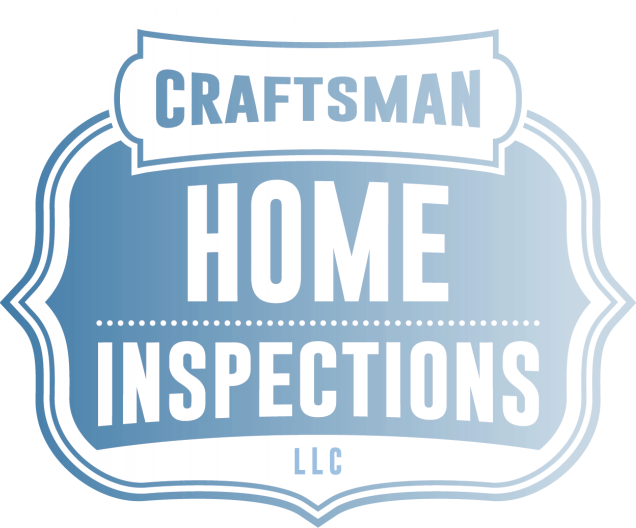
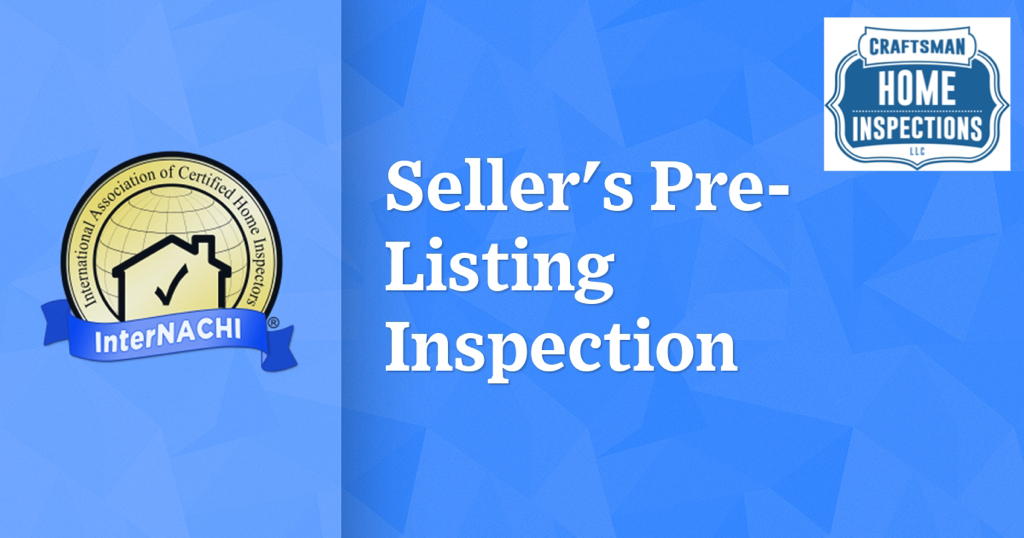

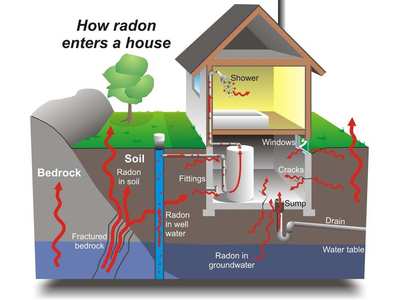
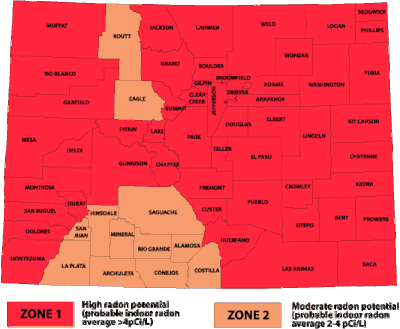
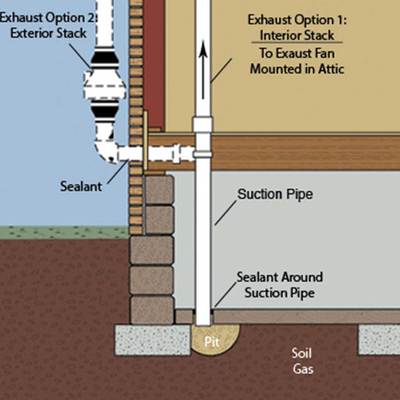
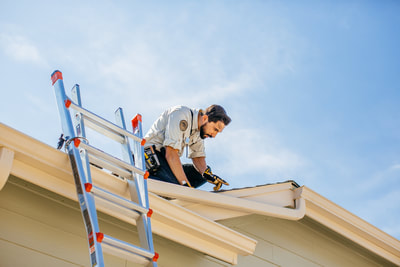
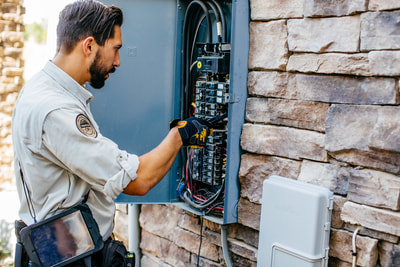
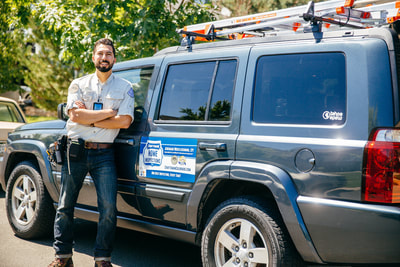


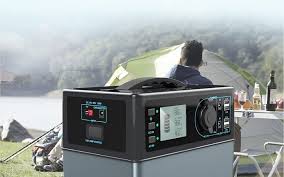
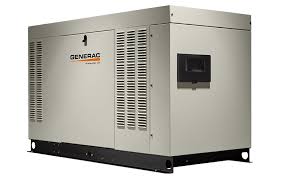

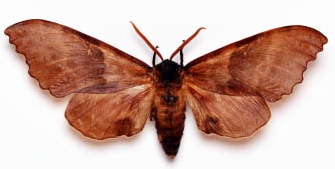
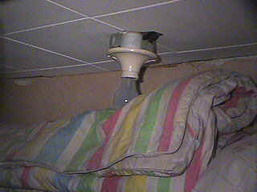
 RSS Feed
RSS Feed
